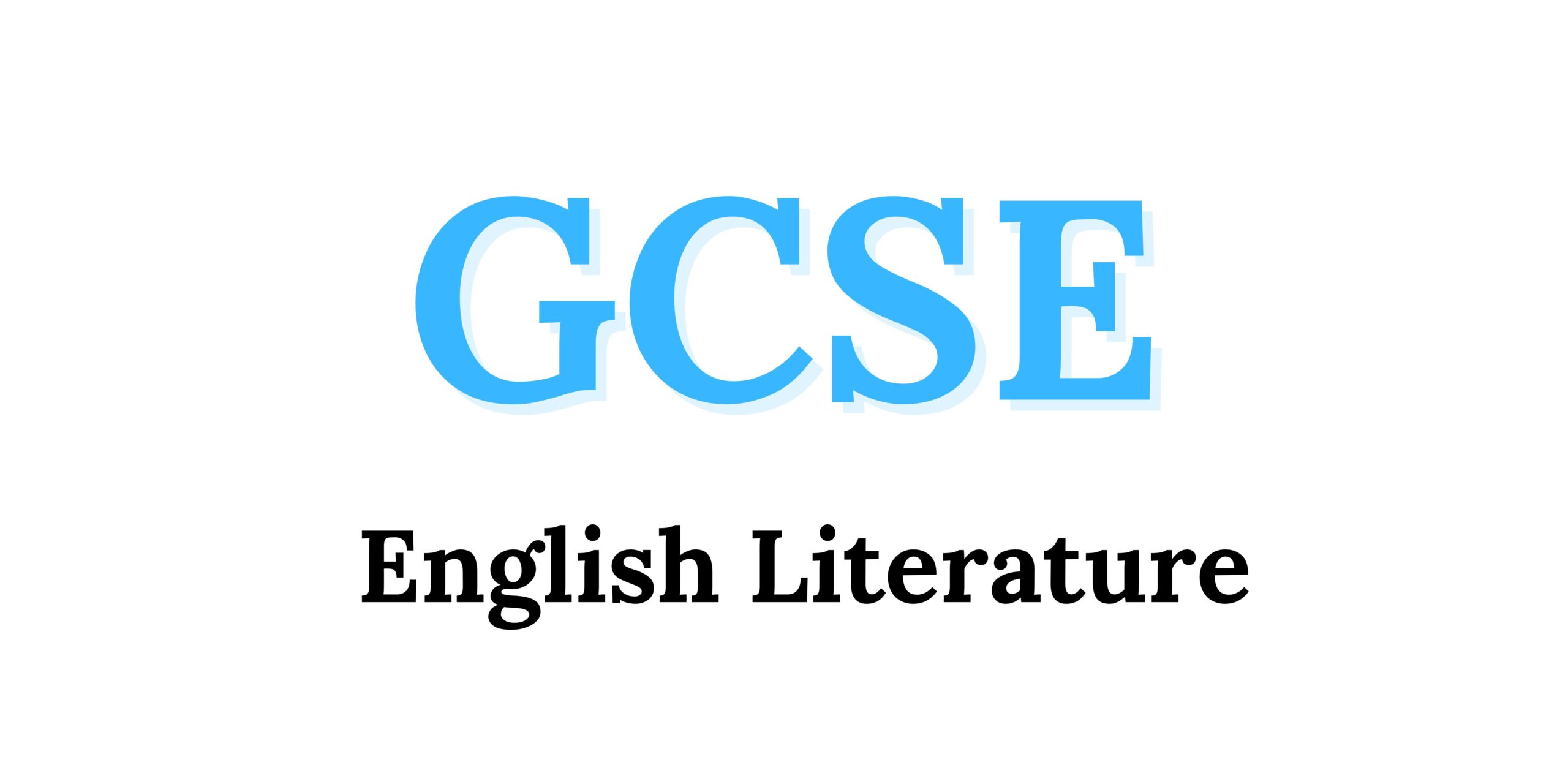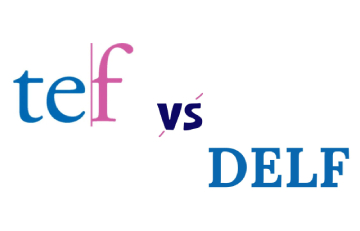
Overview of AQA GCSE English Literature qualifications
Subject content:
1. Shakespeare and the 19th-century novel
Shakespeare
Students will study one play from a selection of six set texts. It is essential that students read the entire play.
Choose one of the following:
• Macbeth
• Romeo and Juliet
• The Tempest
• The Merchant of Venice
• Much Ado About Nothing
• Julius Caesar.
The 19th-century novel
Students will study one novel from a list of seven set texts. The entire novel should be read in full.
Choose one of the following:
| Author | Title |
|---|---|
| 1. Robert Louis Stevenson | The Strange Case of Dr Jekyll and Mr Hyde |
| 2. Charles Dickens | A Christmas Carol |
| 3. Charles Dickens | Great Expectations (1867) |
| 4. Charlotte Brontë | Jane Eyre |
| 5. Mary Shelley | Frankenstein (1831) |
| 6. Jane Austen | Pride and Prejudice |
| 7. Sir Arthur Conan Doyle | The Sign of Four |
2. Modern texts and poetry
Modern texts
Students will select one from a choice of 12 set texts, featuring post-1914 prose fiction and drama. It is important that students read the entire text.
Choose one of the following:
Drama
| Author | Title |
|---|---|
| JB Priestley | An Inspector Calls |
| Willy Russell | Blood Brothers (musical version) |
| Alan Bennett | The History Boys (Last exam 2024) |
| Dennis Kelly | DNA |
| Simon Stephens | The Curious Incident of the Dog in the Night-Time (play script) (Last exam 2024) |
| Shelagh Delaney | A Taste of Honey |
| Chinonyerem Odimba | Princess & The Hustler |
| Winsome Pinnock | Leave Taking |
Prose
| Author | Title |
|---|---|
| William Golding | Lord of the Flies |
| AQA Anthology | Telling Tales |
| George Orwell | Animal Farm |
| Kazuo Ishiguro | Never Let Me Go (Last exam 2024) |
| Meera Syal | Anita and Me |
| Stephen Kelman | Pigeon English |
| Kit de Waal | My Name is Leon |
Poetry
Students will study one cluster of poems from the AQA poetry anthology, Poems Past and Present. There are three clusters to choose from, each containing 15 poems. These poems are thematically connected and span works written from 1789 to the present.
The three clusters are:
• Love and Relationships
• Power and Conflict
• Worlds and Lives
Students must study all 15 poems in their chosen cluster and be ready to analyze any of them in the exam.
Unseen Poetry
For the unseen poetry section, students should engage with a wide variety of poems to strengthen their ability to closely analyze unfamiliar works. They will need to examine and compare key elements, including content, theme, structure, and language.
3. Skills
In studying the set texts, students will have the opportunity to develop the following skills:
Reading Comprehension and Critical Reading
Literal and Inferential Comprehension: Understanding words, phrases, and sentences in context; exploring plot, characterization, events, and settings; distinguishing between explicit statements and implied meanings; explaining motivations, sequences, and relationships between actions or events.
Critical Reading: Identifying themes, differentiating between themes, supporting viewpoints with evidence from the text, recognizing and evaluating multiple interpretations of a text, and using knowledge of social, historical, and cultural contexts to inform analysis and evaluation.
Evaluation of Language and Structure: Analyzing and assessing how a writer’s choice of vocabulary, grammar, structure, and presentation contributes to the quality and impact of the text; applying linguistic and literary terminology for evaluation.
Comparing Texts: Critically comparing and contrasting texts, referring to themes, characterization, context (where applicable), style, and literary quality.
Writing
Producing Clear and Coherent Texts: Writing effectively about literature for various purposes, including describing, explaining, summarizing, arguing, analyzing, and evaluating; discussing and maintaining a point of view; emphasizing key points and supporting arguments with relevant quotations and detailed textual references.
Accurate Use of Standard English: Demonstrating correct spelling, punctuation, and grammar.
For detailed information about the General Certificate of Secondary Education (GCSE) and how it can shape your academic future, click here to explore: GCSE Information
Assessment
| Component | Content | Questions | Final score | Weighting of final grade |
|---|---|---|---|---|
| Paper 1: Shakespeare and the 19th-century novel | • Shakespeare plays • The 19th-century novel | Section A – Shakespeare: Students will answer one question on their chosen play. They must provide a detailed analysis of a specific extract and then discuss the play as a whole. Section B – 19th-Century Novel: Students will answer one question on their selected novel. They will need to analyze an extract in detail and then write about the novel in its entirety. | 64 marks | 40% |
| Paper 2: Modern texts and poetry | • Modern prose or drama texts • The poetry anthology • Unseen poetry | Section A – Modern Texts: Students will choose one essay question from a selection of two, based on the modern prose or drama text they have studied. Section B – Poetry: Students will answer one comparative question, focusing on a named poem provided in the exam and another poem from their chosen anthology cluster. Section C – Unseen Poetry: Students will answer one question on an unseen poem, followed by a second question comparing it to a different unseen poem. | 96 marks | 60% |
Assessment objective weightings for GCSE English Literature
Assessment Objectives:
AO1: Read, understand, and respond to texts. Students should:
– Maintain a critical style and develop a well-informed personal response
– Use textual references, including quotations, to support and illustrate interpretations
AO2: Analyze how language, form, and structure are used by the writer to create meanings and effects, applying relevant subject terminology where appropriate.
AO3: Demonstrate understanding of the relationships between texts and the contexts in which they were written.
AO4: Use a wide range of vocabulary and sentence structures for clarity, purpose, and effect, with accurate spelling and punctuation.
| Assessment objectives (AOs)* | Component weightings Paper 1 (%) | Component weightings Paper 2 (%) | Overall weighting (approx %) |
|---|---|---|---|
| AO1 | 15 | 22.5 | 37.5 |
| AO2 | 15 | 27.5 | 42.5 |
| AO3 | 7.5 | 7.5 | 15 |
| AO4 | 2.5 | 2.5 | 5 |
| Overall weighting of components | 40 | 60 | 100 |
Assessment weightings
The marks on the papers will be scaled according to the weighting of each component. Students’ final marks will be the sum of these scaled marks. Grade boundaries will be determined based on this total scaled mark. The scaling and total scaled marks are detailed in the table below.
| Component | Maximum raw mark | Scaling factor | Maximum scaled mark |
|---|---|---|---|
| Shakespeare and the 19th-century novel | 64 | x1 | 64 |
| Modern texts and poetry | 96 | x1 | 96 |
| Total scaled mark: | 160 |
If you need help with English Literature or any other subject, our tutors are ready to support you on your academic journey. Don’t miss your chance to succeed—take a trial lesson today!











